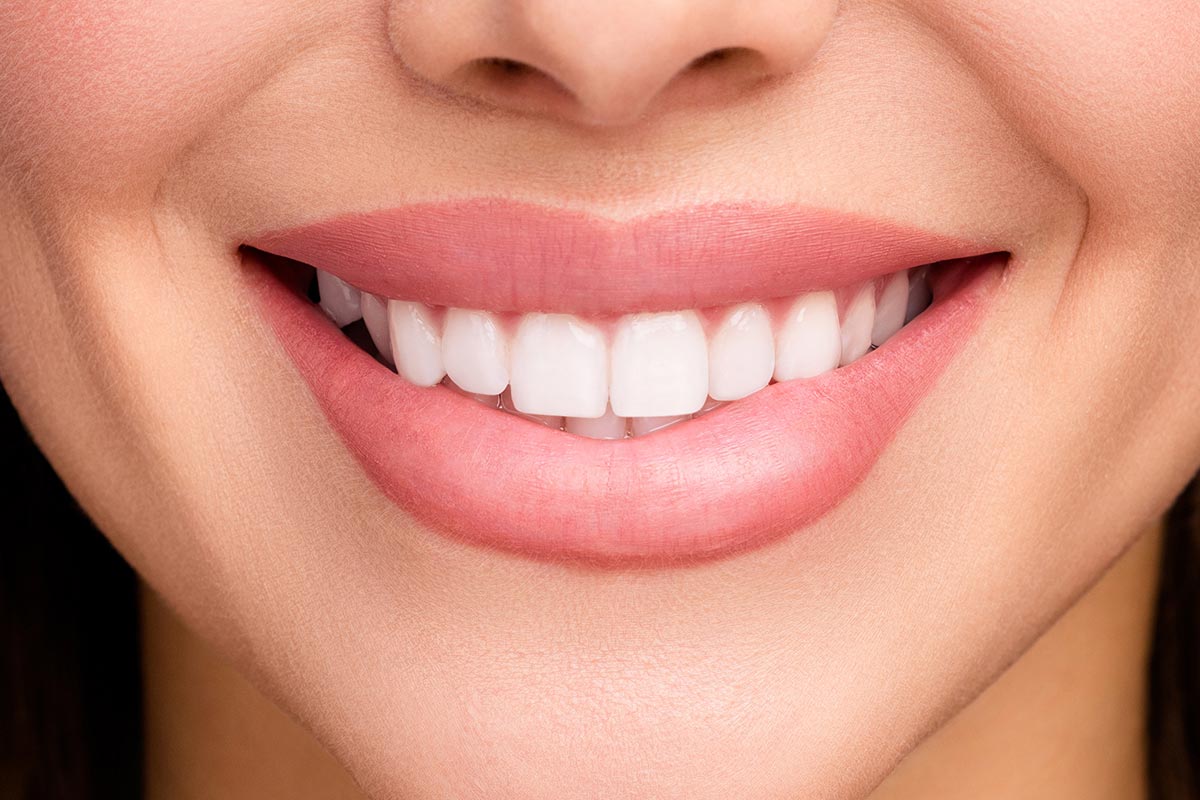Temporomandibular joint disorders
We understand the importance of comfort and healthy function of the temporomandibular joint and work to provide expert care
When do you know that you have temporomandibular joint disorders?
Pain or tension in the face and jaw area
Difficulty opening the mouth completely.
Muscle spasms in the face and neck
Chipped or cracked teeth for no apparent reason
A “slicing“ or “pecking“ sound when opening and closing the mouth.

Why is our center the best choice?
Specialized diagnosis
Relieve pain
Physiotherapy sessions
Guidance of treatment and nutrition
Frequently asked questions about temporomandibular joint disorders
- What are the causes of temporomandibular joint disorder?
- What is the treatment of TMJ disorders in dentistry?
• Jaw misalignment: Jaw joint misalignment can lead to TMJ disorders, causing pain and dysfunction.
• Teeth grinding or grinding: Habitual grinding or clenching of teeth, known as bruxism, can put excessive pressure on the TMJ and lead to disorders.
• Arthritis: Inflammatory conditions such as arthritis can affect the TMJ and contribute to TMJ disorders.
• Trauma or injury: Accidents or injuries involving the jaw can damage the TMJ and lead to disorders.
• Occlusal splints or mouthguards: Dentists may recommend wearing a custom-made occlusal splint or mouthguard to relieve symptoms and protect the teeth and jaw joint from further damage.
• Medications: Nonsteroidal anti-inflammatory drugs, muscle relaxants, and pain relievers may be prescribed to reduce the pain and inflammation associated with TMJ disorders.
• Bite adjustment: In cases where misalignment or improper bite contributes to TMJ disorders, orthodontic treatment or dental restorations, such as dental crowns, may be recommended to correct the bite.
• Physical therapy: Exercises and physical therapy techniques, including jaw stretches and relaxation exercises, can help improve jaw movement and reduce muscle tension.
• Stress management techniques: Because stress can worsen TMJ disorders, dentists may suggest techniques to reduce stress, such as relaxation exercises, counseling, or mindfulness practices.
• Lifestyle modifications: Avoiding foods that are tough or require chewing, practicing good posture, and applying moist heat or cold compresses to the affected area can help relieve the symptoms of TMJ disorder.


